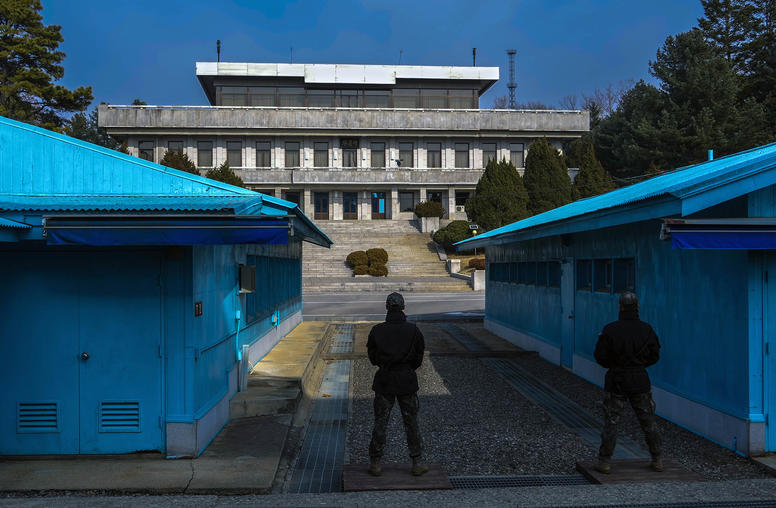North Korea’s Lost Generation
The Health and Human Rights of North Korean Children from 1990–2018
Amid concerns about the North Korean nuclear threat and the dashed hopes for a breakthrough in U.S.-North Korea negotiations, the health and human rights of arguably the most vulnerable victims of the ongoing humanitarian crisis—North Korean children—have been overlooked. But a new report by the Committee for Human Rights in North Korea (HRNK) is shining a light on the lives of an entire generation of North Korean youth.
On January 31, USIP and HRNK held a discussion of the report’s key takeaways and policy recommendations with the report’s author, W. Courtland Robinson, and other leading experts. By examining the past three decades through a public health and human rights lens, this event served as a call to the international community to stress the importance of human rights and humanitarian aid in North Korea today.
Continue the conversation with #NKLostGeneration.
Speakers
W. Courtland Robinson, presenter
Associate Professor, Johns Hopkins University Bloomberg School of Public Health
Roberta Cohen
Co-Chair Emeritus, The Committee for Human Rights in North Korea
Daniel Jasper
Public Education and Advocacy Coordinator for Asia, American Friends Service Committee
@DJasper_
Greg Scarlatoiu
Executive Director, The Committee for Human Rights in North Korea
Frank Aum, moderator
Senior Expert, North Korea, U.S. Institute of Peace
@frankaum1



